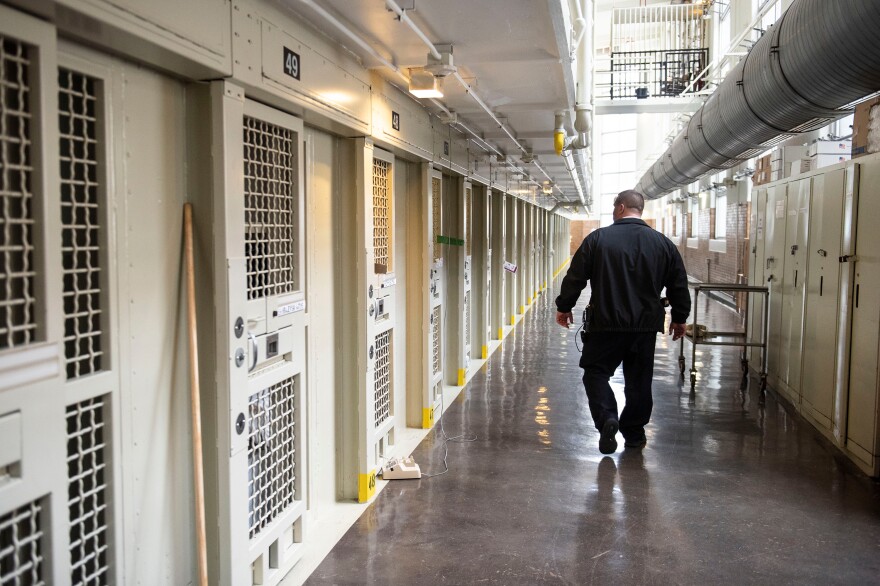Florida’s prison system has banned more than 20,000 publications, according to a review by the nonprofit news organization The Marshall Project. The titles that prison staff don’t want incarcerated Floridians to have range from adult coloring books to journals on prison abolition.
The reasoning behind banning some of the books from Florida’s prisons seems obvious — there are titles about sex, serial killers and fighting techniques.
But as reporter Keri Blakinger has written, many of the bans seem arbitrary. What sense is there in restricting access to violent and sexual content, she asks, in carceral settings where attacks and abuse are widespread, and where group strip searches are commonplace?
Blakinger led the review for The Marshall Project and has herself been incarcerated. Her recent book Corrections In Ink: A Memoir, detailing her path to prison and the process of rebuilding her life since, has been banned in Florida’s prisons.
Also on Florida’s lengthy blacklist are cookbooks, including Betty Crocker’s Good and Easy Cook Book and An Irish Country Cookbook.
How-to guides on electrical work, plumbing and carpentry were also deemed too inflammatory to be read behind bars, as are books on how to play the fantasy board game Dungeons and Dragons.
Study guides and dictionaries for learning Arabic, French, Gaelic, German, Hebrew, Japanese, Latin and American Sign Language are also off-limits.
Florida’s prison system has also banned hundreds of titles about the experience of incarceration — including Handbook on Surviving Solitary Confinement: A Survival Guide for the Targeted Prisoner and Still We Rise: A Resource Packet for Transgender and Gender Non-Conforming People in Prison.
According to the review by The Marshall Project, Florida’s prison system is one of the few to ban Mein Kampf, the manifesto of Adolf Hitler. The violent white supremacist text The Turner Diaries is also banned — as are books about Martin Luther King Jr. and Malcolm X.
While not all prison systems keep a list of banned books, Florida stood out among the states that provided data to The Marshall Project.
With more than 20,000 publications banned, Florida has blacklisted twice as many books as Texas, which has flagged about 10,000 titles. Meanwhile the least restrictive of the states that provided data, Rhode Island, has only banned 68.
Copyright 2023 WLRN 91.3 FM. To see more, visit WLRN 91.3 FM.



